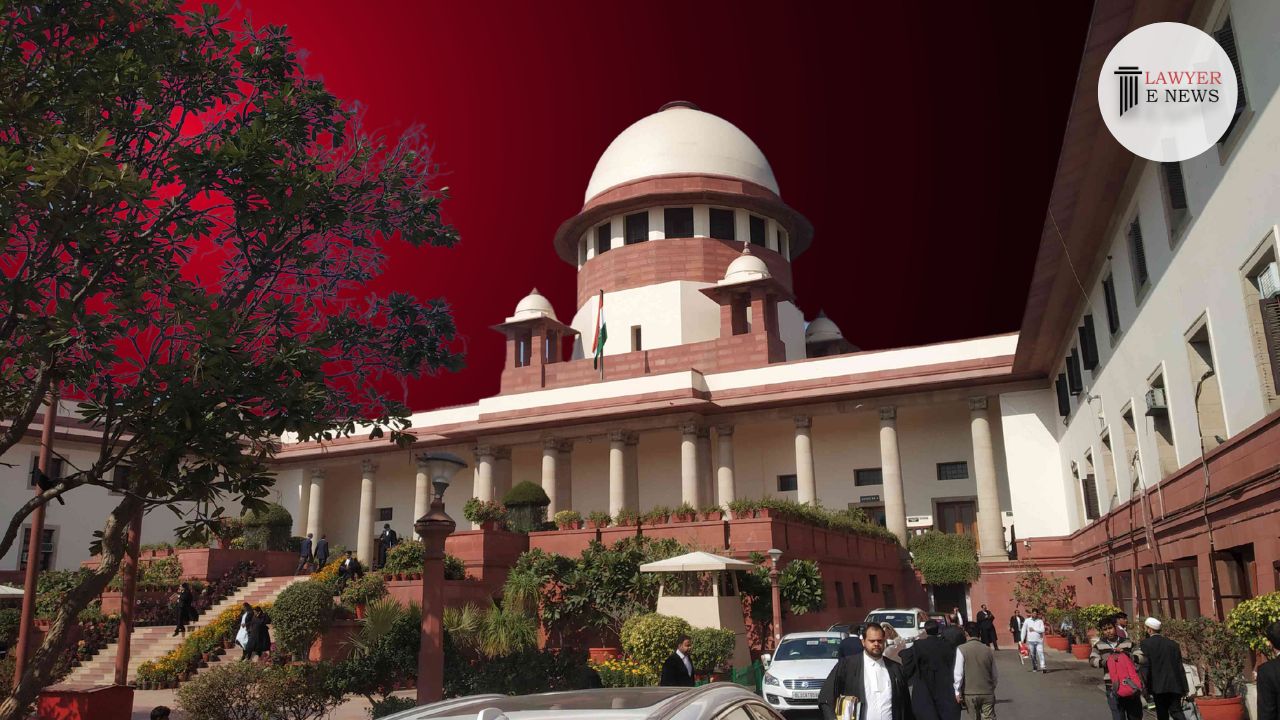-
by sayum
14 February 2026 2:22 PM



The Supreme Court of India has quashed the FIR and charge-sheet against Shivendra Pratap Singh Thakur @ Banti, holding that the continuation of proceedings constituted an "abuse of process of law" given the lack of evidence and procedural lapses in the case.
The appellant, Shivendra Pratap Singh Thakur @ Banti, challenged the Chhattisgarh High Court's dismissal of his petition to quash FIR No. 590 of 2019. The FIR alleged offenses under Sections 447, 427, 294, and 506 read with Section 34 of the Indian Penal Code, concerning criminal trespass, property damage, and issuing threats. The complainant, Barkat Ali, accused Thakur and others of demolishing a boundary wall and an under-construction house, causing significant financial loss.
The Court noted the FIR's failure to specify the exact dates of the alleged incidents, coupled with an unexplained delay of 39 days in filing the complaint. "The complainant was not even sure of the date on which the alleged offenses were committed," the Court observed, highlighting the vagueness and uncertainty of the allegations (Para 14).
The Court emphasized the absence of a complaint from key witness Sushma Kashyap, whose property was allegedly damaged. "Smt. Sushma did not lodge any complaint to the police," the Court noted, undermining the credibility of the allegations (Para 14).
The Court recognized the potential for retaliatory motives, given the appellant's previous FIR against a key witness for the prosecution. "There is an imminent possibility of animus between the complainant and the accused persons," the Court observed, suggesting that the FIR was likely a counterblast (Para 16).
Considering the lack of credible evidence and procedural irregularities, the Court held that continuing the proceedings would amount to an abuse of legal process. "We feel that it is a fit case warranting exercise of powers under Article 142 of the Constitution," the Court concluded (Para 17).
Decision: The Supreme Court quashed the FIR and subsequent proceedings, exercising its powers under Article 142 of the Constitution to prevent abuse of the legal process. "Impugned FIR No. 590 of 2019 and all subsequent proceedings sought to be taken thereunder are hereby quashed and set aside," the judgment concluded (Para 18).
Date of Decision: 15 May 2024
Shivendra Pratap Singh Thakur @ Banti vs. State of Chhattisgarh and Ors.
